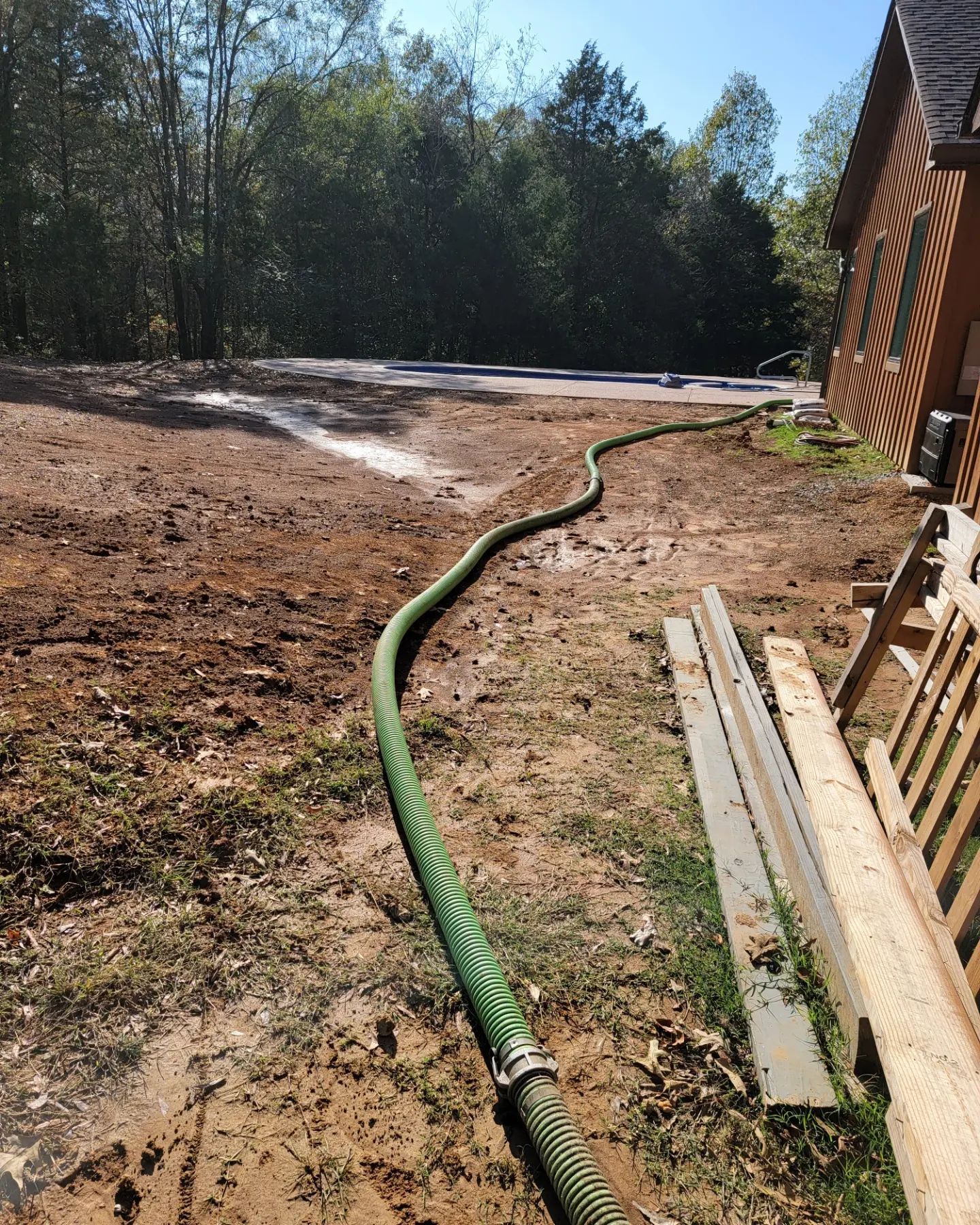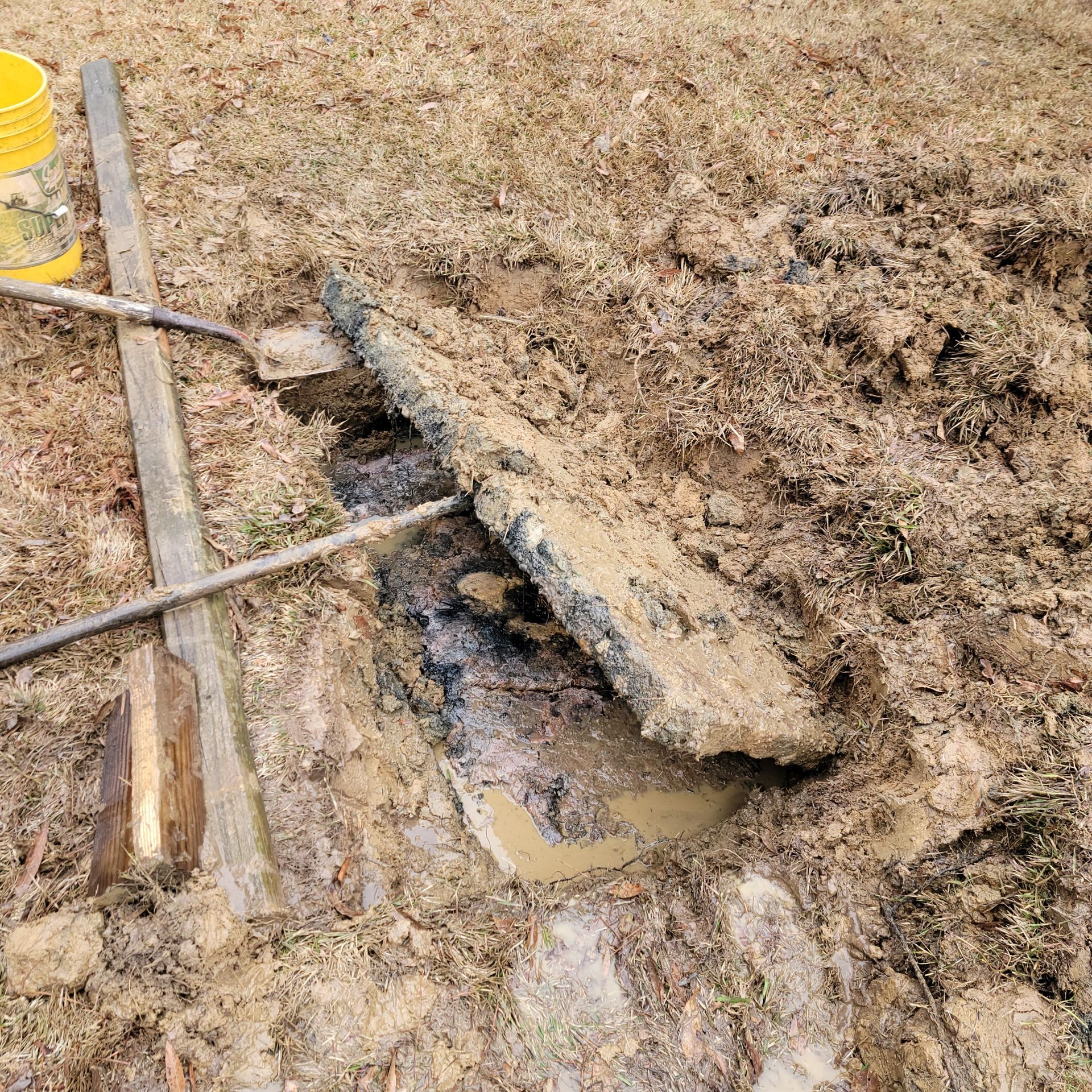Protecting Your Investment: The Importance of Regular Septic System Maintenance
November 27, 2024
Your septic system is a crucial component of your property's infrastructure, responsible for safely managing wastewater and preventing environmental contamination. To ensure its longevity and optimal performance, regular maintenance is essential. At Oxford Septic Services, we understand the importance of proactive septic system care in safeguarding your investment and protecting your property. In this guide, we'll explore the significance of regular septic system maintenance and provide valuable tips for preserving the health and functionality of your system.
Chapter 1: Preventing Costly Repairs
Explanation of how regular septic system maintenance can help prevent costly repairs by addressing minor issues before they escalate into major problems
Discussion of common septic system issues such as clogs, backups, and drain field failure, and how proactive maintenance can mitigate these risks
Case studies highlighting the financial benefits of investing in regular maintenance compared to the expenses associated with emergency repairs and system replacements
Chapter 2: Extending System Lifespan
Overview of the typical lifespan of a septic system and the factors that can influence its longevity, including proper maintenance, usage habits, and environmental conditions
Explanation of how regular maintenance tasks such as pumping, inspections, and bacterial treatments can extend the lifespan of your septic system by reducing wear and tear and preventing premature failure
Tips for homeowners on implementing a proactive maintenance schedule and working with a trusted septic service provider like Oxford Septic Services to maximize their system's lifespan
Chapter 3: Ensuring Environmental Compliance
Importance of maintaining a properly functioning septic system to comply with environmental regulations and protect groundwater and surface water quality
Discussion of the environmental risks associated with failing septic systems, including nutrient pollution, bacterial contamination, and ecosystem degradation
Guidance on how regular maintenance practices such as leak detection, effluent monitoring, and nutrient management can help homeowners meet regulatory requirements and minimize their environmental footprint
Chapter 4: Enhancing Property Value
Explanation of how a well-maintained septic system can enhance property value and marketability by providing peace of mind to potential buyers and reducing the risk of costly surprises during property inspections
Discussion of the role of septic system maintenance records and certifications in demonstrating the system's health and reliability to real estate agents, appraisers, and prospective buyers
Testimonials from homeowners who have benefited from increased property value and marketability as a result of investing in regular septic system maintenance with Oxford Septic Services
Conclusion:
Regular septic system maintenance is a wise investment that pays dividends in terms of cost savings, system longevity, environmental protection, and property value enhancement. By partnering with Oxford Septic Services for your maintenance needs, you can enjoy the peace of mind knowing that your septic system is in expert hands. Schedule your maintenance service today and safeguard your investment for years to come.

Your septic system is a valuable investment that plays a critical role in managing wastewater and protecting public health and the environment. To ensure its longevity and efficiency, proactive maintenance and proper care are essential. In this comprehensive guide, Oxford Septic Services shares expert tips and insights to help homeowners safeguard their septic system investment for years to come. Chapter 1: Understanding Your Septic System Overview of the components and functions of a septic system, including the septic tank, drain field, and distribution box Explanation of how the system processes and treats wastewater from your home, highlighting the importance of each component Chapter 2: Regular Maintenance Practices Guidance on establishing a regular maintenance schedule for your septic system, including routine inspections, pumping, and cleaning Tips for monitoring water usage, managing household waste, and avoiding practices that can strain or damage the system Chapter 3: Proper Waste Disposal Strategies for responsible waste disposal to minimize the risk of clogs, backups, and system malfunctions Recommendations for avoiding the flushing of non-biodegradable items, chemicals, and excessive grease or solids into the septic system Chapter 4: Water Conservation Techniques Techniques for conserving water to reduce the workload on your septic system and extend its lifespan Suggestions for installing low-flow fixtures, repairing leaks, and implementing water-saving habits in daily activities Chapter 5: Landscape and Drainage Considerations Tips for maintaining a healthy landscape around your septic system to prevent root intrusion, soil compaction, and drainage issues Advice on directing surface water away from the drain field and protecting the system from potential damage caused by landscaping activities Chapter 6: Professional Services and Inspections Importance of hiring qualified professionals for septic system services, such as inspections, repairs, and installations Guidance on scheduling regular inspections to identify potential problems early and address them before they escalate into costly repairs Conclusion: By following the expert tips and insights provided by Oxford Septic Services, homeowners can protect their septic system investment and ensure its long-term functionality and efficiency. With proactive maintenance, responsible waste management, and professional assistance when needed, you can enjoy peace of mind knowing that your septic system will continue to serve your home reliably for years to come.

Bacteria play a crucial role in the functionality and efficiency of your septic system. These microscopic organisms are responsible for breaking down organic matter, purifying wastewater, and maintaining a healthy balance within the system. In this comprehensive guide, Oxford Septic Services explores the vital role of bacteria in septic systems, providing valuable insights and expert advice to homeowners. Chapter 1: Understanding Septic System Bacteria Overview of the different types of bacteria found in septic systems, including aerobic and anaerobic bacteria Explanation of how these bacteria work together to decompose organic solids, reduce pathogens, and neutralize harmful chemicals in wastewater Chapter 2: Biological Processes in the Septic Tank Examination of the biological processes that occur in the septic tank, including digestion, fermentation, and mineralization Description of how bacteria break down organic matter into simpler compounds like carbon dioxide, water, and methane through enzymatic reactions Chapter 3: Maintaining a Healthy Bacterial Population Guidance on how to promote the growth and activity of beneficial bacteria in your septic system Tips for avoiding practices that can harm or disrupt the bacterial balance, such as flushing chemical cleaners, antibacterial soaps, and excessive grease or solids Chapter 4: Bacteria-Based Septic System Treatments Overview of bacteria-based additives and treatments designed to enhance septic system performance and resilience Discussion of the benefits and limitations of bacterial products, including their effectiveness in promoting bacterial growth and reducing odors and backups Chapter 5: Environmental Considerations and Ecological Impact Exploration of the environmental implications of bacterial activity in septic systems, including nutrient cycling, groundwater contamination, and ecosystem health Consideration of sustainable practices and technologies that support a healthy bacterial ecosystem while minimizing environmental harm Chapter 6: Troubleshooting Bacterial Imbalances Identification of common signs of bacterial imbalances in septic systems, such as foul odors, slow drainage, and excessive solids accumulation Strategies for addressing bacterial issues through proactive maintenance, professional inspections, and targeted treatments Conclusion: Bacteria are the unsung heroes of your septic system, working tirelessly behind the scenes to ensure efficient wastewater treatment and environmental protection. With insights from Oxford Septic Services, homeowners can better understand and appreciate the vital role of bacteria in their septic systems, fostering a healthy and sustainable wastewater management solution for years to come.
